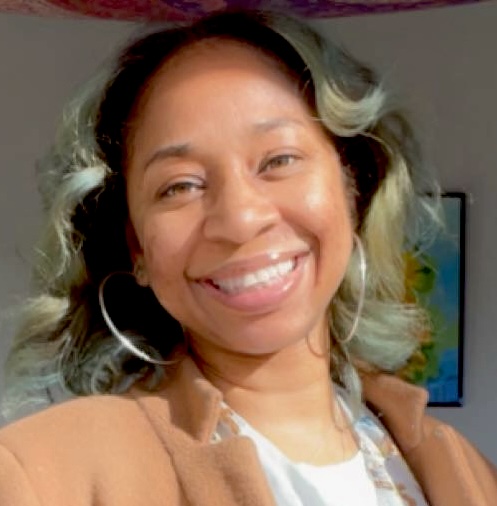In 2020, Barbara J. Cooper was appointed Secretary of the Alabama Department of Early Childhood Education by Governor Kay Ivey. Cooper is also a member of NAEYC’s Governing Board.
Last month, as NPR reported, Governor Ivey replaced Cooper “over the use of a teacher training book, written by a nationally recognized education group, that the Republican governor denounced as teaching ‘woke concepts’ because of language about inclusion and structural racism.”
The book in question was NAEYC’s Developmentally Appropriate Practice in Early Childhood Programs Serving Children from Birth Through Age 8, Fourth Edition, also called DAP.
In response, to the circumstances of Cooper’s dismissal, the national nonprofit organization Zero to Three released a statement, which says in part:
“When young children enter the classroom, we should be united in making their success our top priority. That means acknowledging years of research underscoring the simple fact that kids can’t learn math, science, and reading if they don’t feel seen, safe, and supported.
“NAEYC’s Developmentally Appropriate Practice Book represents the best guidance from the early childhood education community, based on broad consultation with educators and experts, including ZERO TO THREE. Governor Ivey’s decision to reject DAP based on a few cherry-picked excerpts puts politics ahead of the best interests of Alabama’s children.
NAEYC has created a statement of support that individuals and organizations can sign on to. It says in part:
“We are educators, parents, program leaders, organizations, and allies who strongly support the bedrock principles of early childhood education, and those who stand up to defend those principles. We teach children to use their words, and today we use ours, because we know that children can’t learn math, science, and reading if they don’t feel seen, safe, and supported – which is what developmentally appropriate practice (DAP) is all about.
“Developmentally appropriate practice is a resource for educators, not a curriculum for children. It brings together key understandings of research and evidence in child development and education to describe how children learn and to help educators create experiences and environments that best support their children, families, programs, and communities.”
“We stand behind the principles of DAP. We trust the expertise and experiences of early childhood educators working with families to ensure young children can learn and thrive in our diverse world. And we bring our voices together to provide clarity and support for our continued, collective work to ensure that all young children can access high-quality, developmentally-appropriate early learning experiences across all states, settings, and communities.”
In an email, NAEYC adds:
“As part of this effort and to raise our voices together, we urge you to:
• Sign your name onto this statement of support, which we intend to make public within one week
• Share the link with your colleagues and friends inside and outside of early childhood education
• Post on social media – you can take a picture of the DAP book in action, and use hashtags such as #DAPinECE and #EquityinECE
• Make a donation to support our continued work at this critically important time”




Leave a Reply